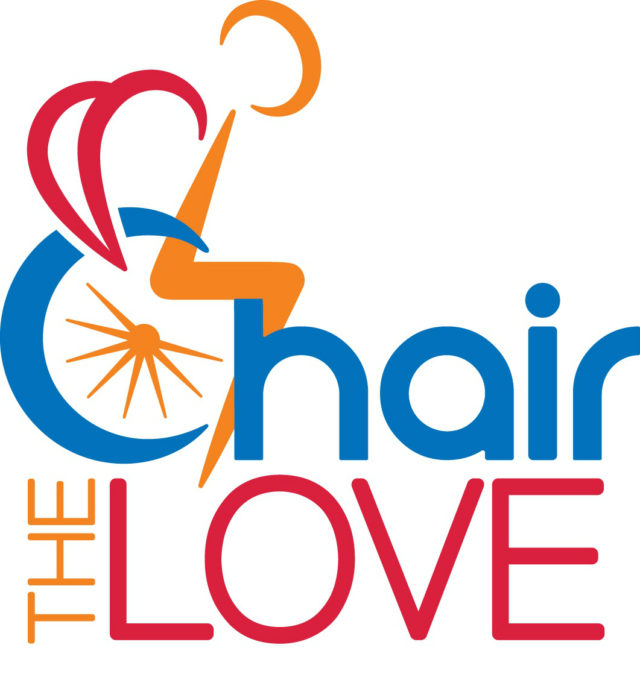Guest article by James K. Duerr:
So you thought you could defer taxes on your IRA forever?
Sorry, the IRS will not wait forever. Although pretax money going into a Traditional IRA is tax deferred, there is a requirement at age 70 ½, to take RMD’s (required minimum distributions). The minimum distribution is based on tables of life expectancy and the balance in your account. There are worksheets on the IRS website, and many brokerage companies have calculators available to find out your RMD’s. If you do not take the RMD distributions, you may be subject to penalty. Per the IRS, “You cannot keep retirement funds in your account indefinitely”. The penalty could be up to a 50% excise tax on the amount not distributed as required.
Roth IRAs & Roth Conversions
Roth IRA’s, do not require minimum distributions until after the death of the owner. Be careful with Roth 401K’s, as those plans do require RMD’s. That being said, it may be wise to roll the Roth 401K into a Roth IRA, if possible.Many clients consider converting Traditional IRA’s into Roth IRA’s. The amount converted is subject to tax, but is not subject to penalty. If you are in a low income year, you can have your CPA project the tax that you would owe on conversion. You do not have to convert all of the funds at once. In fact, you can minimize the tax implications by converting the funds a little at a time.
Solo (or Individual) 401K Plans
For people who are in their own business, and do not have outside employees, the individual 401K plan can offer you flexibility and the opportunity to make large pension contributions to the plan. If made pre-tax, the contributions may lower your tax liability. For example, if you took a $50,000 payroll, you have the ability for your company to contribute up to $12,500 to your pension plan, and you could, if under age 50, contribute another $17,500, for a total of $30,000 being contributed to the plan, and becoming a tax deduction. Assuming a conservative tax rate of 20%, you would save $6,000 in taxes. The plan has (2) components, an employer portion (up to 25% of earned income) and an employee deferral portion (up to $17,500, or if age 50 and over, $23,000 with a catch up provision). The employee piece can be either pre-tax, or Roth, if the plan allows. Be sure that the original paperwork is completed correctly, and these plans can also allow borrowing rights. Most retirement plans are available as self-directed plans. These self directed plans allow you to have more control over your investments, by purchasing real estate or other assets, such as gold, notes, joint ventures, tax liens, etc.
Maximizing Profits and Minimizing Taxes
Whether you are in your own business, or not, it is smart tax planning to have a professional review your taxes, prior to year end. By doing this, you may be able to make some decisions that could significantly lower your taxes, and provide for your future financial freedom. As I always advise my clients, “It’s not what you make, it’s what your keep.”
James K. Duerr, CPA
CFRI Business Member
Small Business Resources USA, Inc.




